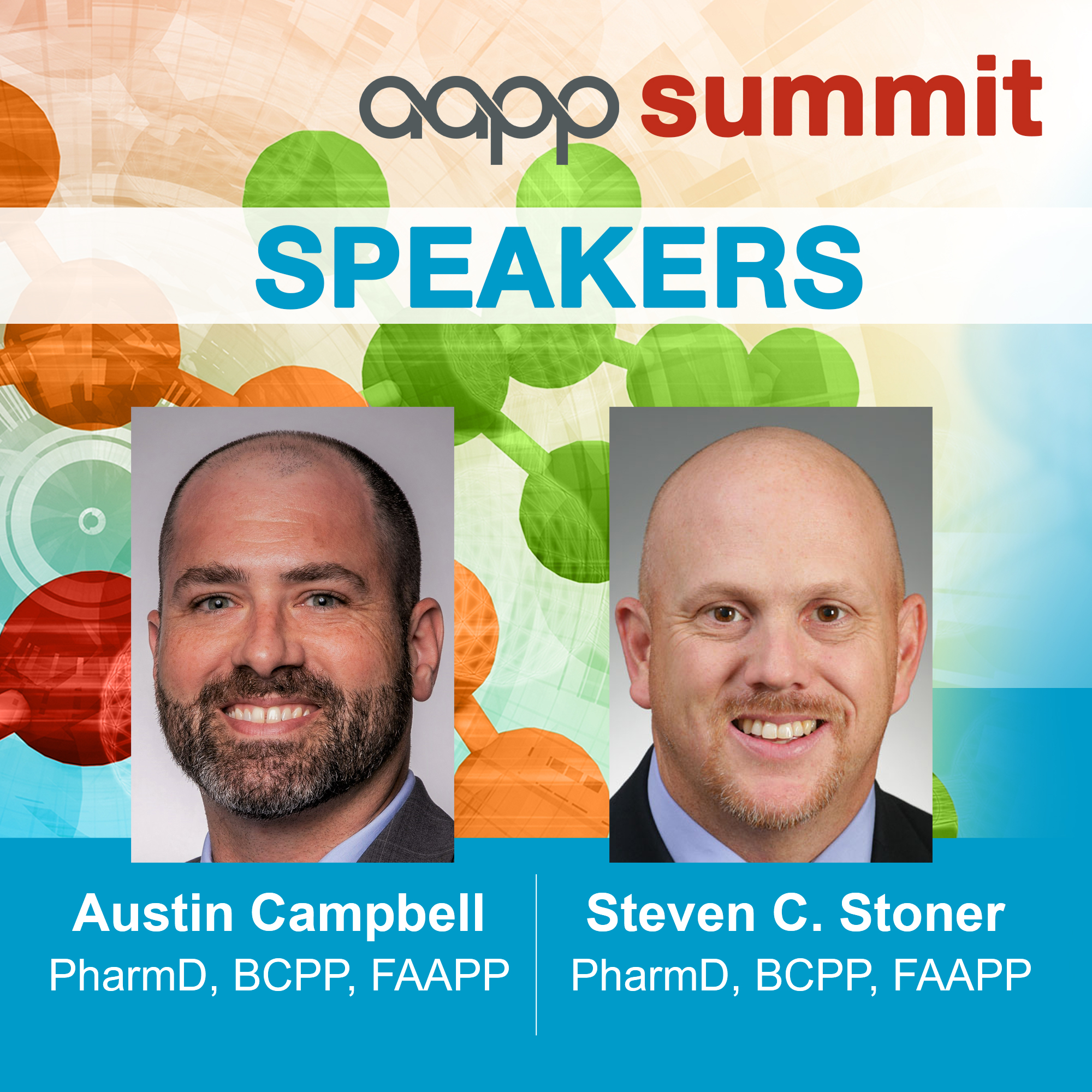Course Description
 Other than clozapine, there are no clinical trials that clearly establish the superiority of one antipsychotic medication over another. Therefore, their use is guided by factors such as tolerability, pre-existing health conditions, dosage formulations, and patient/provider preference. Novel mechanisms such as those modulating muscarinic receptors, trace amine-associated receptor 1 (TAAR1), sigma 2 receptors, or glycine transporter 1 help address gaps in care left by traditional treatments that focus on dopamine and serotonin receptors. These agents may offer benefits like reduced risks of extrapyramidal symptoms, weight gain, and sedation, making them promising alternatives for patients who experience side effects from conventional antipsychotics. This session will discuss where these novel agents fit into clinical practice, and how these new mechanisms of action may improve symptom control and prevent long-term adverse effects in patients with schizophrenia.
Other than clozapine, there are no clinical trials that clearly establish the superiority of one antipsychotic medication over another. Therefore, their use is guided by factors such as tolerability, pre-existing health conditions, dosage formulations, and patient/provider preference. Novel mechanisms such as those modulating muscarinic receptors, trace amine-associated receptor 1 (TAAR1), sigma 2 receptors, or glycine transporter 1 help address gaps in care left by traditional treatments that focus on dopamine and serotonin receptors. These agents may offer benefits like reduced risks of extrapyramidal symptoms, weight gain, and sedation, making them promising alternatives for patients who experience side effects from conventional antipsychotics. This session will discuss where these novel agents fit into clinical practice, and how these new mechanisms of action may improve symptom control and prevent long-term adverse effects in patients with schizophrenia.
Learning Objectives
- Explain how medications with novel mechanisms play a role in the treatment of schizophrenia or address gaps in care.
- Assess benefits and/or concerns of muscarinic receptor-modulating agents for treatment of schizophrenia.
- Determine where novel agents fit into clinical practice and the treatment landscape of schizophrenia.
Target Audience
If you are a pharmacist, nurse practitioner, or other health care professional involved in the comprehensive medication management of individuals living with mental health and/or substance use disorders, we invite you to participate in this online course.
Faculty


View biographical information
Austin Campbell, PharmD, BCPP, FAAPP
Clinical Associate Professor, University of Missouri – Kansas City School of Pharmacy at MU; Adjunct Assistant Professor, University of Missouri School of Medicine
Dr. Austin Campbell, PharmD, BCPP, FAAPP, is a Clinical Associate Professor at the University of Missouri–Kansas City School of Pharmacy at MU and an adjunct assistant professor with the University of Missouri Medical School. He currently practices as a psychiatric ambulatory care pharmacist in the internal medicine clinic. Dr. Campbell completed a PGY-1 residency at the Kansas City VA Medical Center, followed by a PGY-2 specialty residency in psychiatry at the Center for Behavioral Medicine in Kansas City, before obtaining board certification in psychiatric pharmacy (BCPP). Prior to his current academic appointment, he served as the acute inpatient psychiatric pharmacist for adults and pediatrics at University of Missouri Health Care for more than 11 years. A dedicated educator and leader in psychiatric pharmacy, Dr. Campbell has received multiple awards for his commitment to training students, residents, and fellows. Recognized throughout Missouri for his outreach and educational efforts in psychopharmacology, he collaborates with organizations such as the National Alliance on Mental Illness (NAMI), Crisis Intervention Team (CIT), the Missouri Department of Mental Health, Project ECHO, and the Missouri Center for Excellence in Child Well-Being. In 2025, he was selected as part of the inaugural class of Fellows of the American Association of Psychiatric Pharmacists (FAAPP), acknowledging his significant contributions to both the organization and the field of psychiatric pharmacy.
Steven C. Stoner, PharmD, BCPP, FAAPP
Associate Dean for Student Affairs and Clinical Professor; University of Missouri – Kansas City School of Pharmacy
Dr. Stoner received his Doctor of Pharmacy degree from the University of Nebraska College of Pharmacy in 1994. He has been with UMKC since 1996 following post-doctoral completion of an ASHP Accredited Psychiatric Pharmacy Practice & Administration Residency and a Psychiatric Pharmacy Fellowship at Western Missouri Mental Health Center. In 1997 he was awarded an NCDEU-NIMH Young Investigator Award and in 2001 the CPNP AstraZeneca Clinical Pharmacy Practice Award. Dr. Stoner has been the recipient of teaching and preceptor of the year awards while at UMKC with both the School of Pharmacy and School of Dentistry. Dr. Stoner served as the director of an ASHP accredited psychiatric Pharmacy Practice residency program for 10 years (1998-2008) at the Northwest Missouri Psychiatric Rehabilitation Center in St. Joseph, Missouri. In 2006, he completed the American Association of Colleges of Pharmacy Academic (AACP) Leadership Fellows Program. Dr. Stoner has been a member of AAPP since 1997 and has served on numerous committees, including terms on the Board of Directors as Member-at-Large and President (2010-2011). Dr. Stoner has also served as a member of the Board of Directors for the AAPP Foundation. Dr. Stoner is also a member of the American Association of Colleges of Pharmacy and has served on several committees as well as serving on the AACP Board of Directors (2016-2019), as the Chair of the Council of Sections (2017-2018), and the Chair of the Pharmacy Practice Section (2014-2015). Dr. Stoner was also the 2024 recipient of the Anne Marie Liles Distinguished Service Award from AACP. He is currently a Clinical Professor and the Associate Dean for Student Affairs, while previously serving as the Department Chair of the Division of Pharmacy Practice and Administration at the UMKC School of Pharmacy.
Course Requirements
To receive ACPE credit for this session, you must:
- Register for this course.
- Review the full content of the activity and reflect upon its teachings.
- Complete the evaluation at the end of the activity.
- Provide the necessary details in your profile to ensure correct reporting by AAPP to CPE Monitor.
Continuing Education Credit and Disclosures
Activity Dates: 10/02/2025 - 10/02/2028
ACPE Contact Hours: 1.25
ACPE Number: 0284-0000-25-026-H01-P (Application)
Nursing Credit Reminder: Note that ACPE credit is accepted for ANCC Certification Renewal and AANPCB advanced practice provider content. For specific questions related to your organization's acceptance of ACPE continuing education units, please contact your organization directly.
![]() The American Association of Psychiatric Pharmacists is accredited by the Accreditation Council for Pharmacy Education as a provider of continuing pharmacy education.
The American Association of Psychiatric Pharmacists is accredited by the Accreditation Council for Pharmacy Education as a provider of continuing pharmacy education.
AAPP owns the copyright, is licensed or has received permissions for use of, or is otherwise permitted to use copyrighted materials within any CPE activity. Authors and speakers are required to obtain necessary copyright permissions for content in CPE activities. AAPP complies with copyright laws and regulations.
View disclaimer and disclosure of off-label use
Off-Label Use: This educational activity may contain discussion of published and/or investigational uses of agents that are not indicated by the FDA (see faculty information). The opinions expressed in the educational activity do not necessarily represent the views of AAPP and any educational partners. Please refer to the official prescribing information for each product for discussion of approved indications, contraindications, and warnings.
Disclaimer: Participants have an implied responsibility to use the newly acquired information to enhance patient outcomes and their own professional development. Any procedures, medications, or other courses of diagnosis or treatment discussed or suggested in this activity should not be used by clinicians without evaluation of their patient’s conditions and possible contraindications on dangers in use, review of any applicable manufacturer’s product information, and comparison with recommendations of other authorities. Please refer to the official prescribing information for each product for discussion of approved indications, contraindications, and warnings.
View fair balance and integrity statement
It is the policy of AAPP to ensure independence, balance, objectivity, scientific rigor, and integrity in continuing education activities. Those involved in the development of this continuing education activity have made all reasonable efforts to ensure that information contained herein is accurate in accordance with the latest available scientific knowledge at the time of accreditation of this continuing education activity. Information regarding drugs (e.g., their administration, dosages, contraindications, adverse reactions, interactions, special warnings, and precautions) and drug delivery systems is subject to change, however, and the reader is advised to check the manufacturer’s package insert for information concerning recommended dosage and potential problems or cautions prior to dispensing or administering the drug or using the drug delivery systems.
Fair balance is achieved through ongoing and thorough review of all materials produced by faculty, and all educational and advertising materials produced by supporting organizations, prior to educational offerings. Approval of credit for this continuing education activity does not imply endorsement by AAPP for any product or manufacturer identified.
